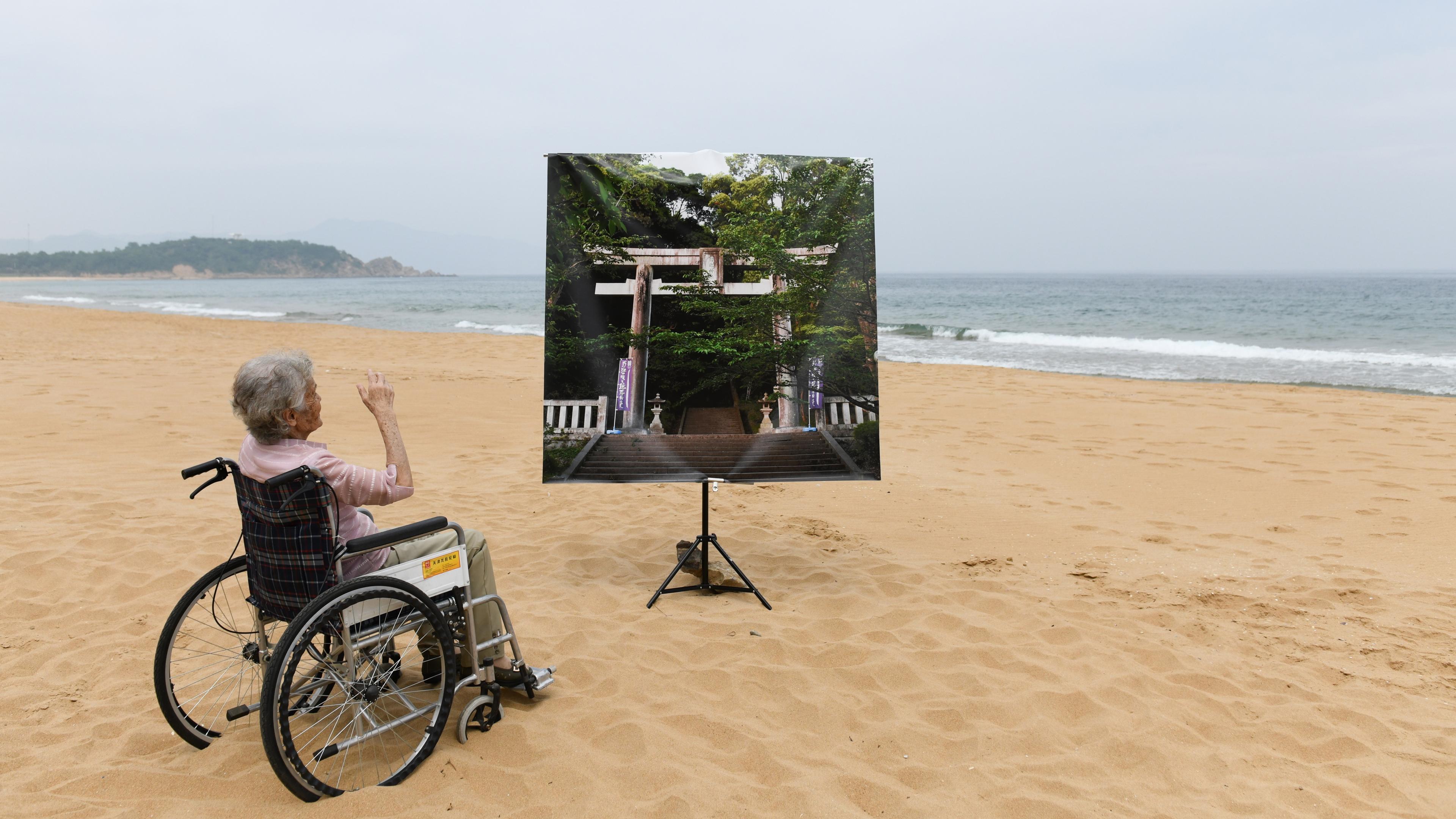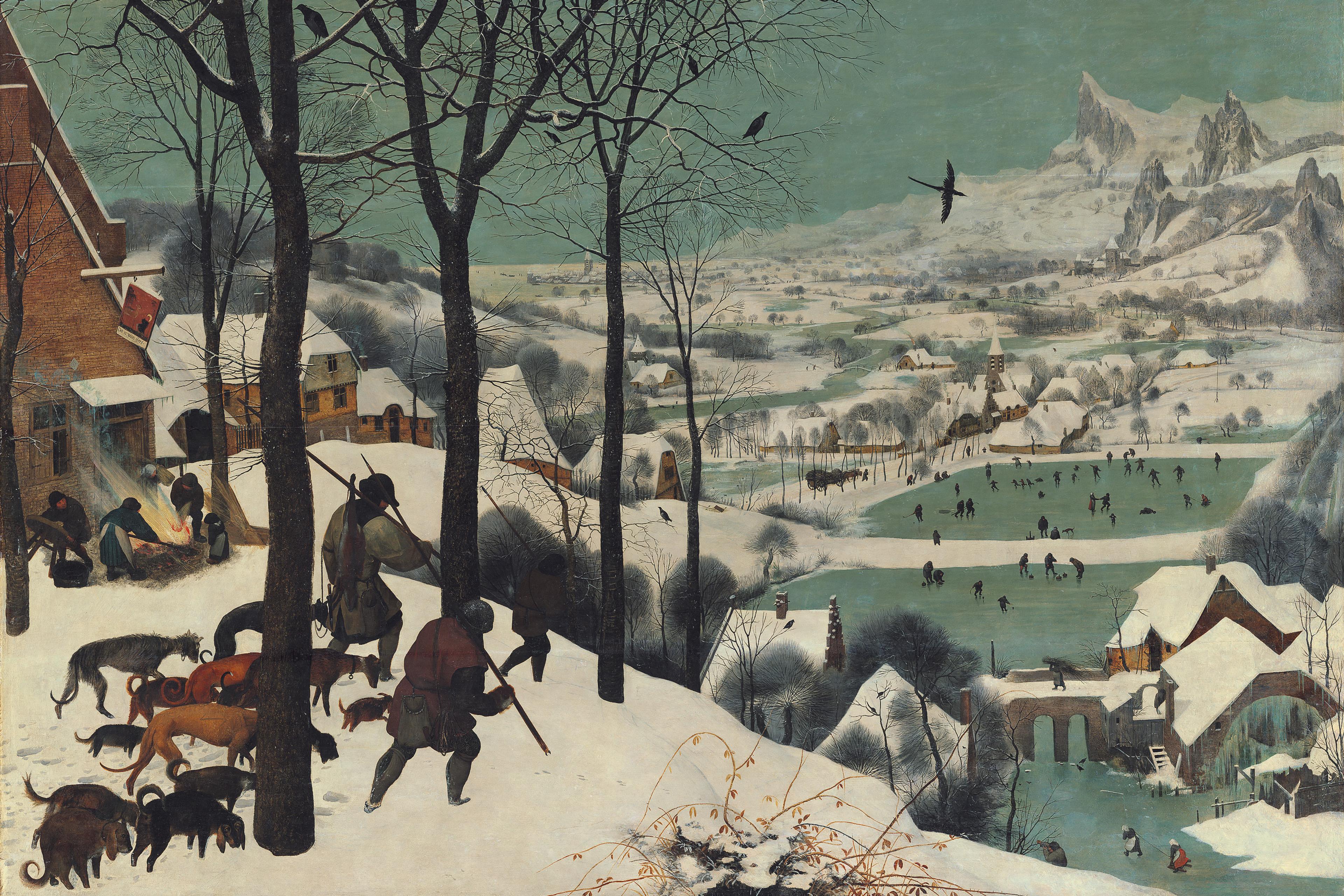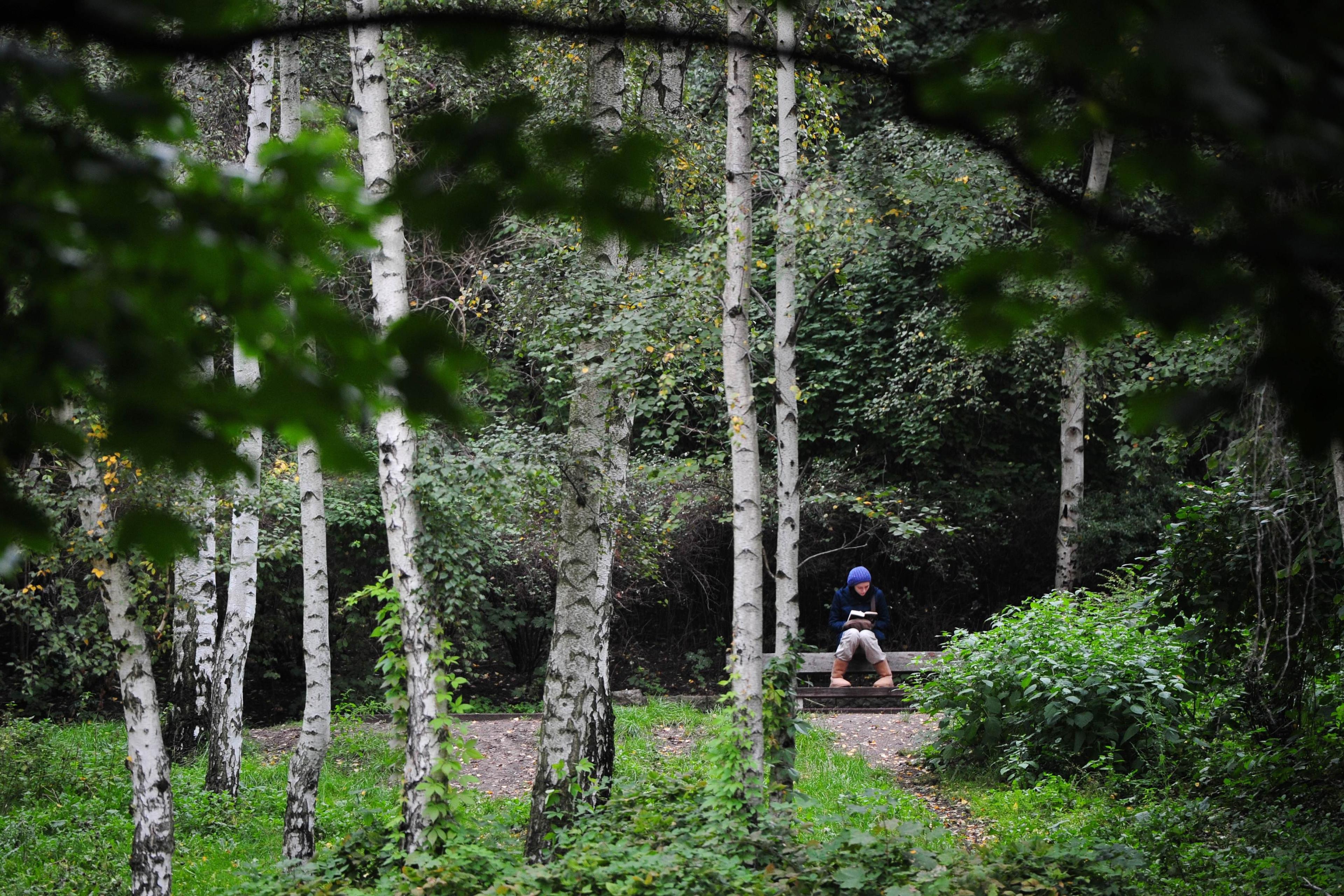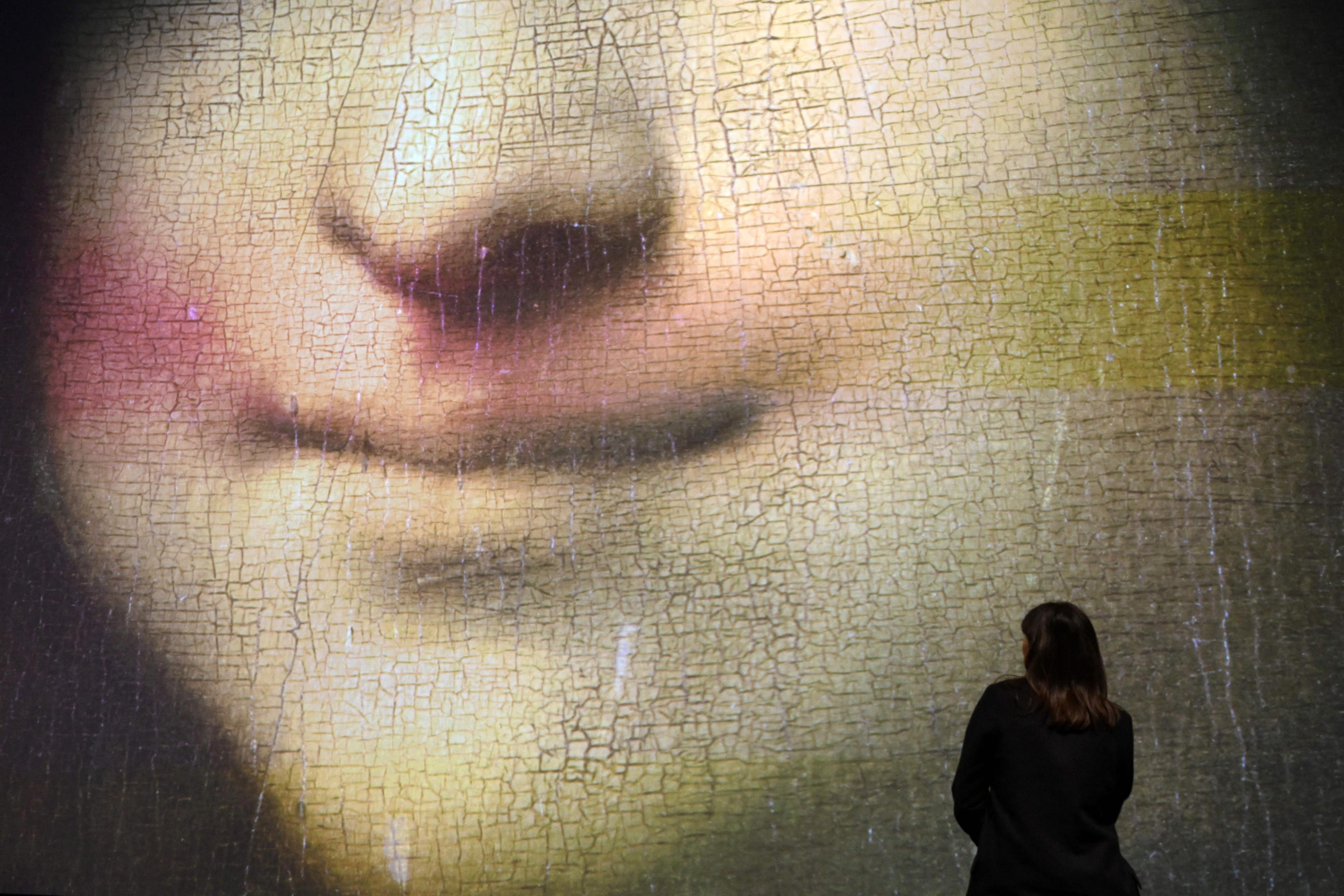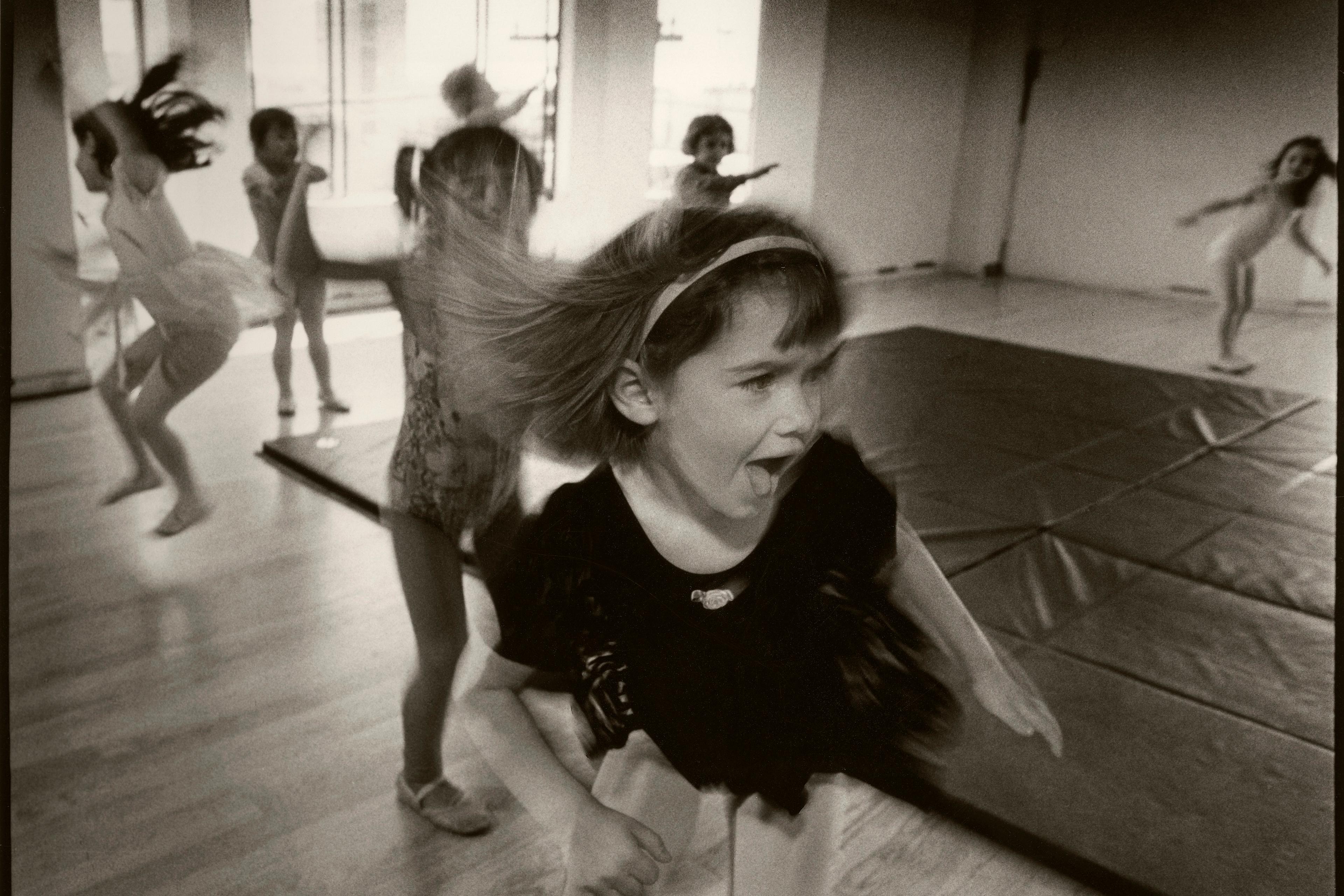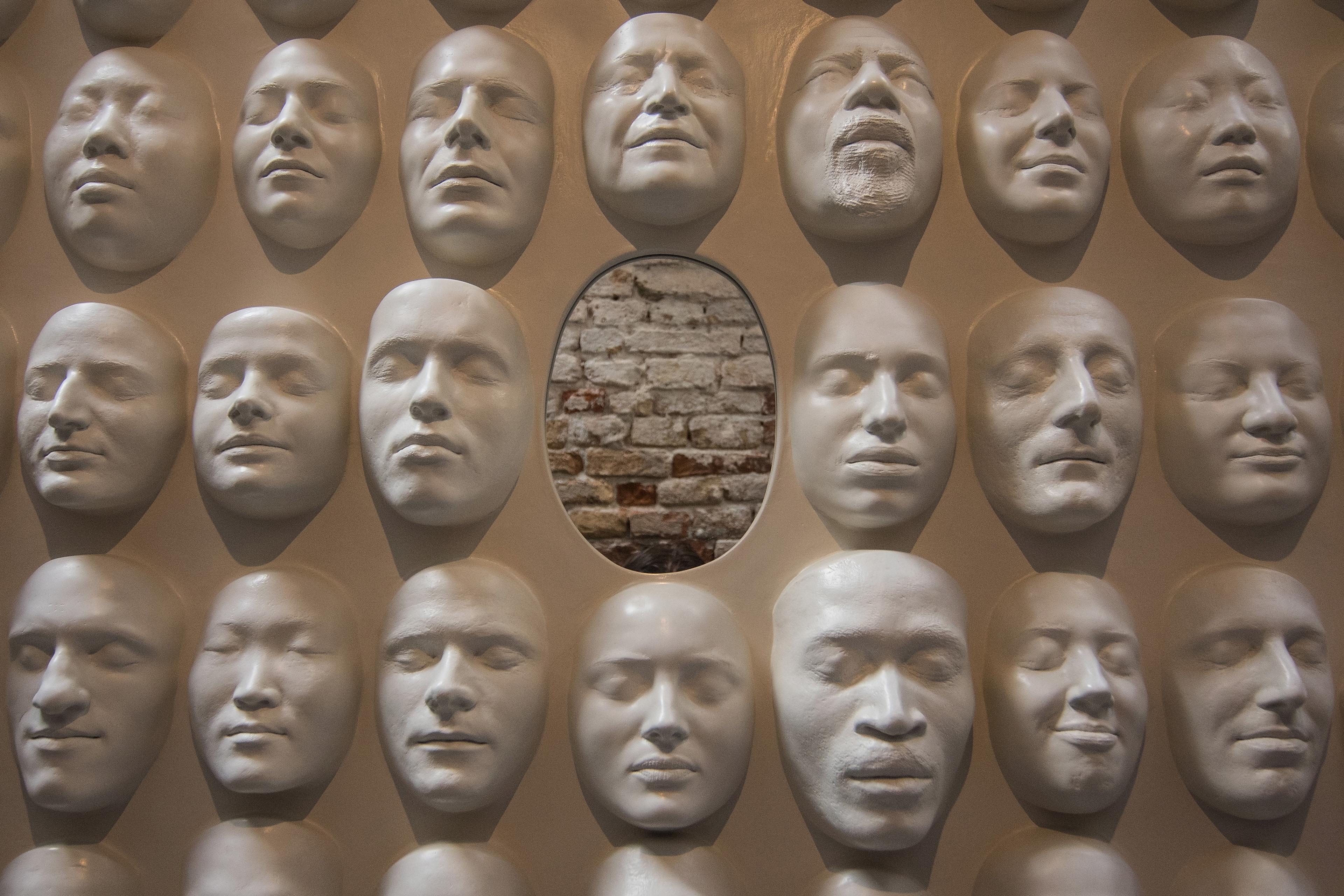Imagination enables us to leave the here and now, to explore the past, as well as alternative presents and the future, before coming back. Imagination is a loop by which we temporarily disengage from ongoing life. The bored student who looks out of the window, wishing to be in the nearby forest; the dentist’s client browsing a magazine and dreaming about exotic temples; young people demonstrating for the climate – all are imagining.
Imagination is both mundane and fundamental: we imagine when we remember the forest, wonder where stars come from or consider moving home. We also imagine when, on our sofas, we willingly surrender to a film or a novel, taking us to another world. Also, we can imagine alone or with others: sharing imagination, we can deepen our relations, as when we discuss the film we just saw, or we can change the world – as when teams of scientists sent the first rocket to the Moon. Hence, imagination has consequences: it refreshes us, it brings us to understand things, it opens new possibilities, and it can lead us to action, from contacting an old friend to buying a plane ticket.
Imagination is a movement of mind, which can be more or less embodied. It enables us to expand our lived experience, or our ‘lifeworld’, beyond the limitation of the concrete situation we’re in. Children play, and some create imaginary companions; people with particularly vivid imagination build parallel worlds, some of which they describe in novels. These are forms of symbolic mobility. Yet of course another way to expand one’s lifeworld is to move in the physical realm: to travel, to visit the world, to see other places and modes of living. Now, one might wonder, what is the relation between imagination as symbolic mobility and actual geographical mobility?
The two often enrich each other. It is the access to images, books and films about faraway places, enabling us to imagine all these exotic destinations, that encourages generations of backpackers to cross the world. It is also the diffusion of internet and images of the glowing West, where everything seems possible, that has increased massive migration movements toward Europe and the United States. Here, imagination is supporting mobility. Yet when we meet people who have travelled – our friends coming back from the end of the world, or our new neighbours talking about their homeland – it is their physical movement that triggers our imagination, feeding it with new images, colours and shapes.
Imagination and mobility can also compensate or balance each other. For instance, imagination enables us to expand our lifeworld when we’re physically constrained. Many diaries or autobiographies of long-term prisoners report the same thing – they could survive the wait for freedom by imagining that they were walking in their village, talking to their friends, by reliving past memories, or re-experiencing novels or poems they loved. In some cases, they had access to enough resources to imagine radical changes to their countries, as was the case with Václav Havel in the Czech Republic and Nelson Mandela in South Africa. It doesn’t take much to stir the imagination. Older residents in nursing homes sometimes have with them only a couple of pictures and trinkets from their former lives. Yet looking at these, they can remember their past, imagine the lives of their children in other countries, or explore the future of their grandchildren. Their imagination enables them to expand their lifeworld beyond the limitation of their room, maintaining symbolic mobility even when geographical mobility is limited.
Conversely, imagination can also balance geographical mobility when it accelerates or becomes too intense. Families that move every couple of years for professional reasons, sometimes called ‘expats’, have complex and rich experiences of geographical mobility. Their children have often lived in five or six countries across two or more continents. These families develop strategies to maintain a stable sense of home, or family, across place. They invent family rituals, recreate the same living room with familiar pictures and ornaments, and some build a ‘life in a box’ for their children, containing the few toys and objects that follow them everywhere. It’s similar for people in long trajectories of migration, such as asylum seekers arriving in Europe, who might have to sleep every night in a new shelter. Some build small objects to place around their bunks, to create a minimal home – an imagination of a stable place. Hence, when people’s geographical mobility is too high and threatens their own sense of continuity, they use their imagination to create a more stable lifeworld.
What can we learn from all this? That imagination is fundamental for the development of people and for societies. It brings us to strive, and history to unfold. Our lives are not only made of what we do, where we go and what we physically experience, they are largely symbolic. The worlds of humans are made of the fabric of memories, stories, beliefs, hopes, daydreams, myths and projects. And most of them we explore, visit and construct through imagination. This is important to remember, in our everyday lives, but also in extreme situations. We idealise travelling yet forget that too much mobility can threaten our sense of who we are and where we belong. Here, imagination can ground our integrity. In times of forced confinement, by contrast, when physical exercise supports only half of our experience, we can also maintain our mobility through imagination.
Imagination is vital and precious. We should nourish it: exploring the world through films and documentaries, visiting the past through novels, discovering fantastic realities when transported by music or cartoons, revisiting some of our favourite places through online maps or sharing memories with others. Physical walls cannot confine us. We can roam beyond them, to wherever our imagination takes us.
